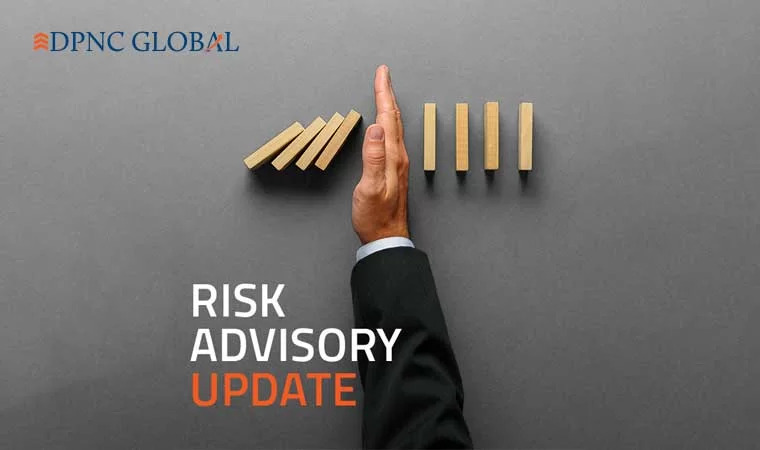In today’s digital landscape, cybersecurity is a critical concern for organizations of all sizes. With increasing threats from cybercriminals, ensuring the integrity, confidentiality, and availability of information is paramount. One of the key players in maintaining robust cybersecurity measures is the internal audit function. This blog will explore the vital role of internal audit in cybersecurity and how it helps organizations manage risks effectively.
Understanding the Internal Audit Function
Internal audit is an independent, objective assurance and consulting activity designed to add value and improve an organization’s operations. Its purpose is to evaluate and improve the effectiveness of risk management, control, and governance processes. In the context of cybersecurity, internal audit serves as a watchdog that helps ensure the organization is not only compliant with regulations but also resilient against cyber threats.
1. Assessing Cybersecurity Risks
One of the primary responsibilities of internal audit is to identify and assess risks associated with cybersecurity. This involves:
Risk Identification: Auditors work to understand the specific cybersecurity threats facing the organization, including data breaches, phishing attacks, and insider threats.
Risk Assessment: They evaluate the likelihood and potential impact of these risks on the organization, considering factors such as the sensitivity of the data involved and the organization’s operational dependencies.
2. Evaluating Security Controls
After assessing risks, internal auditors evaluate the effectiveness of existing security controls. This includes:
Control Testing: Auditors perform tests to determine if the cybersecurity controls are functioning as intended. This can involve reviewing firewall configurations, access controls, and incident response protocols.
Gaps Identification: By analyzing the results of their testing, auditors identify any gaps or weaknesses in the security posture, providing management with insights on where improvements are needed.
3. Ensuring Compliance
With numerous regulations and standards governing data protection and cybersecurity, internal audit plays a critical role in ensuring compliance. This involves:
Regulatory Review: Auditors assess whether the organization is complying with relevant laws and regulations, such as GDPR, HIPAA, or PCI-DSS.
Policy Adherence: They also evaluate whether internal policies align with regulatory requirements and best practices, ensuring that employees are following established protocols for data protection.
4. Promoting a Cybersecurity Culture
Internal audit not only evaluates existing processes but also helps foster a culture of cybersecurity awareness within the organization. This can include:
Training and Awareness Programs: Auditors can recommend or facilitate training sessions to educate employees about cybersecurity threats and safe practices.
Communication: By reporting findings and insights to management and the board, auditors help elevate the importance of cybersecurity across the organization, ensuring it is a priority at all levels.
5. Continuous Monitoring and Improvement
Cybersecurity is not a one-time effort; it requires ongoing vigilance and adaptation to new threats. Internal audit supports this continuous improvement process by:
Regular Audits: Conducting regular audits allows organizations to stay ahead of evolving threats and to adapt their cybersecurity strategies accordingly.
Metrics and Reporting: Internal auditors can develop metrics to measure the effectiveness of cybersecurity initiatives, providing valuable insights for ongoing risk management efforts.
Conclusion
As cyber threats continue to evolve, the role of internal audit in cybersecurity becomes increasingly important. By assessing risks, evaluating controls, ensuring compliance, promoting a cybersecurity culture, and facilitating continuous improvement, internal auditors help organizations safeguard their critical assets and maintain stakeholder trust.
In a world where the cost of cyber incidents can be devastating, investing in a strong internal audit function is not just prudent—it’s essential for any organization looking to thrive in the digital age.
Disclaimer
The information contained herein is prepared based on the information available on the public domains. While the information is believed to be accurate to the best of our knowledge, we do not make any representations or warranties, express or implied, as to the accuracy or completeness of this information. Reader should conduct and rely upon their own examination and analysis and are advised to seek their own professional advice. We accept no responsibility for any errors it may contain, whether caused by negligence or otherwise or for any loss, howsoever caused or sustained, by the person who relies upon it.
To download the pdf file of the above post, please click on the download button below.
About Our Risk Advisory Servcies
DPNC Global LLP is a full service consulting firm providing multi-disciplinary services to clients ranging from MNCs, Indian Corporates from across industries to Family Offices and UHNIs, both in and outside India.
Our Risk Advisory Services (RAS) team offers solutions to help organizations and their management to effectively balance risk management, governance and compliance while moving towards their short-term and long-term strategic goals. Our team comprises a group of qualified and experienced professionals with in-depth knowledge and specialization in risk advisory services including for conducting Internal Audits, developing Standard Operating Procedures etc. We leverage our knowledge of industry best practices and domains across organizations of all sizes and sectors to streamline and develop systems, processes & solutions that are tailored to be suitable for our clients. To know more about our services in Risk Advisory Services, visit https://dpncglobal.com/risk-advisory/


